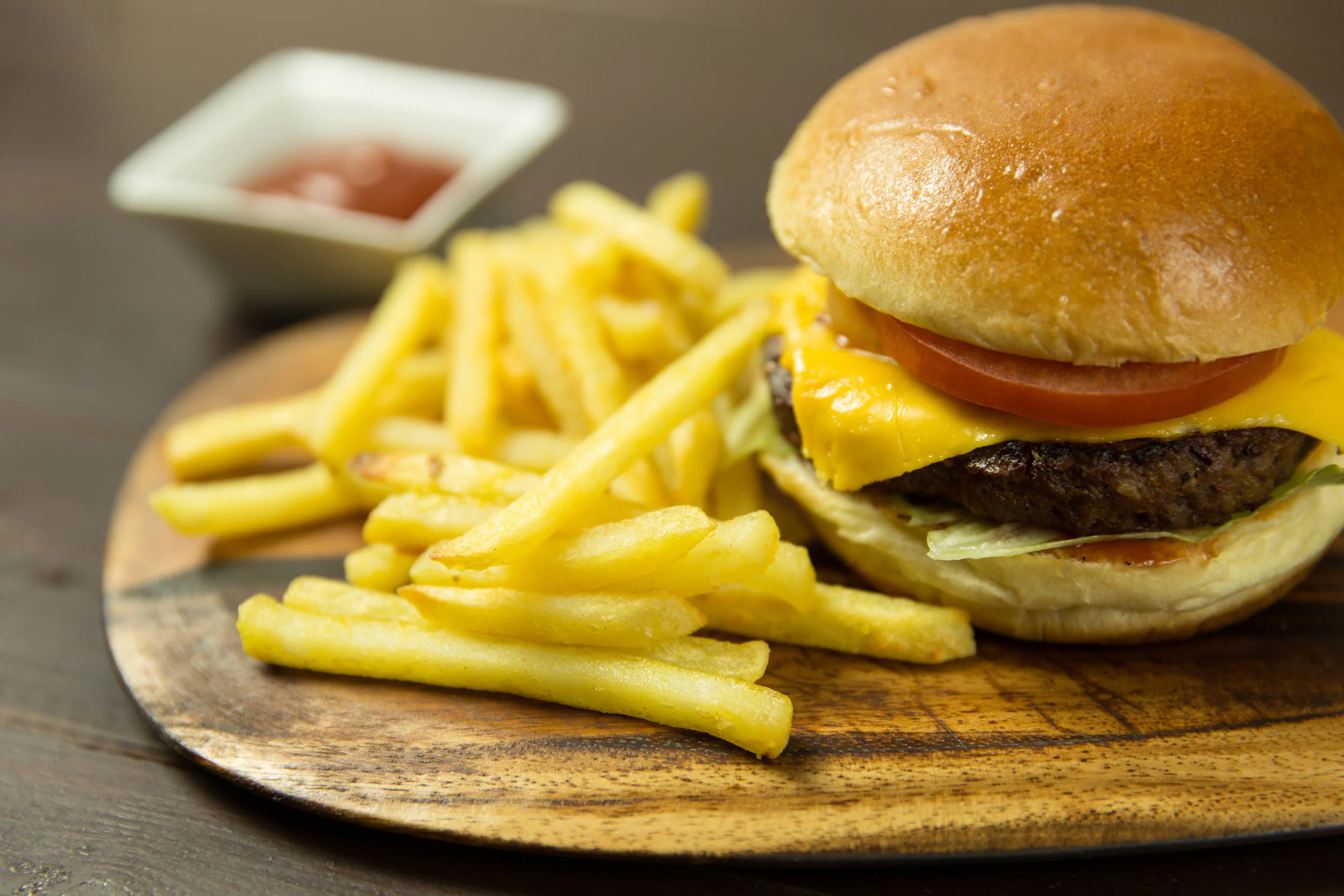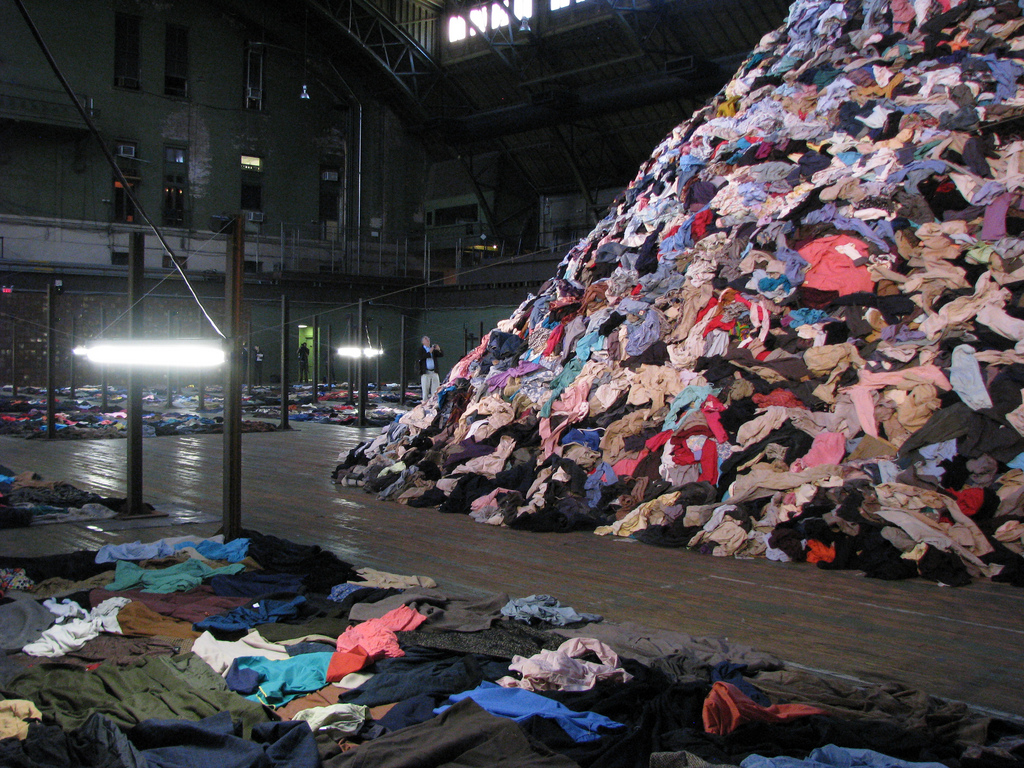CBS Sunday Mornings, 2024, 5:02… About 48 million tons of plastic waste is generated in the United States each year, but only 5 to 6 percent of it is actually recycled. A new report from the Center for Climate Integrity, "The Fraud of Plastic Recycling," accuses the plastics industry of a decades-long campaign to "mislead" the public about the viability of recycling. Correspondent Ben Tracy talks with the report's co-author, Davis Allen, and with Jan Dell, a former chemical engineer, about an inconvenient truth surrounding the lifecycle of plastic.
The Culture Industry Prevented a Recession
Inside Edition, 2023, 1:48… Taylor Swift's sold-out Eras tour added $4.6 billion to the local economies of the cities she performed in. Her impact on the economy is being called "Swiftonomics." Many of her fans traveled long distances to spend lots of money to make her concert a night to remember. The so-called “Taylor Swift tourists” spend an average of $1,300 per person. Those purchases include tickets, hotels, car rentals, restaurants, merchandise and hair stylists.
The Problem with Carbon Footprints
Carbon Footprints and Greenwashing
Parasocial Relationships and Merch
Vice, 2021, 22:39… Celebrity stalking is an old problem. But it’s happening way more in the age of YouTube, Instagram and TikTok. Fans repeatedly show up at their favorite content creators’ homes and expect the stars to be as welcoming as they are in their videos (“heeeeey guys”). Why don’t these fans realize this is invasive? In part, because the influencers encourage it.
Masculine Makeup
Cultural Appropriation with Mahjong
Inside Edition, 2021, 4:45… Many Asian Americans were angered when “The Mahjong Line” went viral for their pricey mahjong sets, which some are calling cultural appropriation. “[It’s] this ownership and profiteering from Asian culture that white America loves to do,” Andrew Ti, of the podcast “Yo, Is This Racist?” told Inside Edition Digital. The founders have since apologized, but is that enough? Inside Edition’s Johanna Li explains.
Heroic Workers, Brave Consumers
Influencers & Manufactured Desire
GE Big Boys (SNL)
Saturday Night Live, 2018, 1:45… A commercial advertises GE’s new line of home appliances made for men. #SNL #JasonMomoa #MumfordAndSons #SNL44
Happiness is an Unopened Box
Social Class and the Retail Apocalypse
The Clutter of Consumerism
Gender Pricing Exposed
CBC, 2014, 15:36... See a marketing team create fictional gendered toothpaste and learn how you can combat gender price discrimination. Although this video is from Canada it touches on New York City's legislation barring such discrimination. Yet laws can't solve this issue alone as a 2015 study from the New York City Department of Consumer Affairs found that, on average, women's products were 7% more expensive than similar products for men.
Planned Obsolescence
The Jim Crow Museum
Vice News, 2018, 5:41... David Pilgrim, a Black sociologist, runs the Jim Crow Museum of Racist Memorabilia out of the small, white, Trump-voting town of Big Rapids, MI. With the help of private donors like Chuck and Ward, an elderly gay couple, Pilgrim believes that sharing his expansive collection can change the way racism is perceived in the United States.
Billionaire Bill Gates Guesses Grocery Store Prices
Fashion Pollution
The Globalization of the American Diet
Vice on HBO, 12:49... American fast food brands populate more than 100 countries around the world, occupying six continents. And the global fast food industry is projected to be worth over $600 billion by 2019. VICE's Gianna Toboni travels to Kuwait to witness the health effects on a country deep in the throes of an unlikely obsession with U.S. fast food.




















